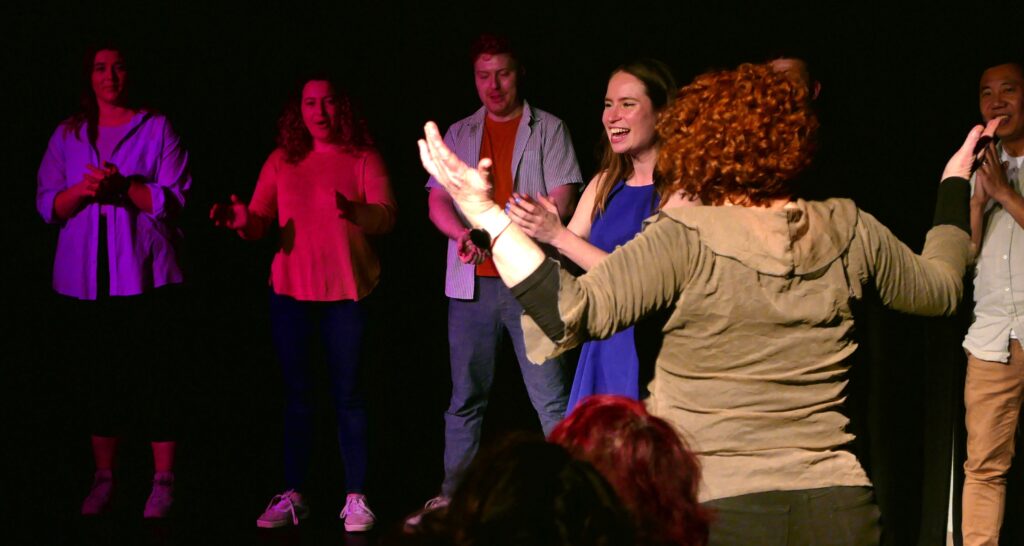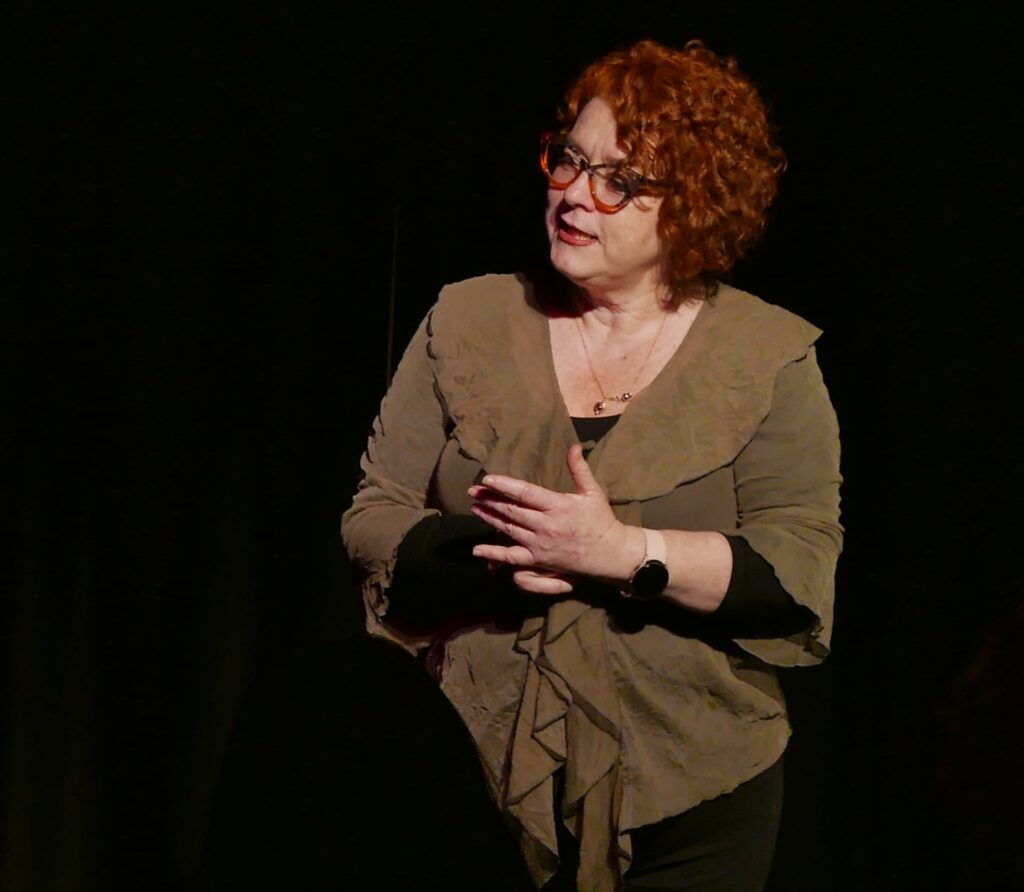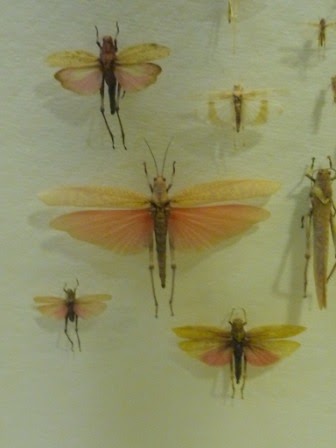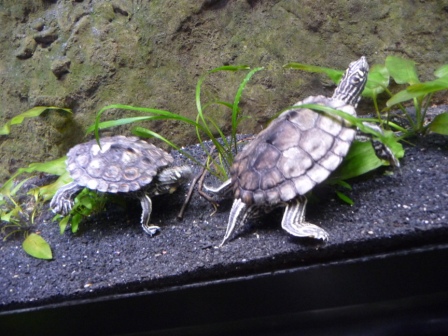so the amazing blinding flash of the obvious from lisa linke’s workshop on saturday was part of my ongoing insight for Monday, day 1 of week 2.
| kid at the field museum of natural history chicago |
Exercises
Circle of Doom – each person says their name and sets up a sound/gesture for themselves. Then we pass focus around the circle, firstly by saying someone’s name and their sound/gesture. then by just passing the gesture. good for learning names, but also is about mirroring and doing someone’s idea with as much commitment as they do it themselves.
Caligula – we all held hands and then just moved in an organic manner… having at least 2 points of contact with 2 other people at any point (but not just hands). to get used to touching each other. would have been better with music. and alcohol. and cheese.
leading with body parts – the old exercise which never gets old – leading with diffrerent parts of the body (forearms, squinty eyes, forehead, calves). letting this inspire a character / voice (we had to say good morning). after a little of this, we then individually walked and the class pointed out what we lead with. next we had to change our leading part, make it into a character, and we sat in a group of 5 will colleen interviewed us (why are you guys all together, what’s your name, how old are you, and then whatever came out of it). we had to keep the character all the way through.
mirroring – the other old chestnut which tells you so much which morphed into speaking in one voice using the same partner. it was 4 players as 2 characters, but with no direct eye contact, speaking at conversational pace and conversational volume. it lead to more fun scenes, because of the give and take. the emphasis was on the scene, not on the speaking
wisdoms and observations from this week’s teacher, Colleen Doyle:
the audience gets mad when we “drop our shit” – when we drop character elements part way through. we need to fight the impulse that there’s something better, something funnier. stay with what you started with: the first 3 – 5 seconds on stage is a contract with the audience about who you are as a character. fulfill it.
if there’s ambiguity in a scene, be the hero and jump on that grenade (name it!).
be specific. not just reading a book. reading a book called “insects and their place in society” by walter b. arthurian.
audience wants to know who these people are: relying on premise/plot doesn’t work as effectively as relying on people’s foibles.
your job is harder if you play a negative emotion
apathy is harder to play, harder to push their buttons and get reactions because they don’t care about anything
we need to know what your character wants
if you use a physicality as an inspiration for a character it’s more flexible than choosing a role (i’ll be a policeman doesn’t work as well as I’m squinty and I’m shuffly, and i feel constrained: i’m obsessed with details). don’t just change your body, know how you feel about that change, and play that emotion as part of your character. how do i feel, or what’s my point of view.
if you make a mistake and mix up a name, then that’s a gift to yourself, keep on mixing up names.
whatever you do at the top of the scene is important to you
try wearing different shoes, you’ll create different characters
improv is an imperfect art form, stop trying to do it right
for gay characters: play the person first and the sexuality second
del close: we need to be raving paranoids on stage – everything is personal
| architectural detail, Chicago |
del close: wear our characters as thin veils over ourselves (i.e. play your own foibles and eccentricities, just more)
martin de maat: today is the day that (i tell you i love you, i stop taking your shit, i break out of my routine)
if you were cool you would be in a band. Improv’s not for cool people
if you don’t want to work with others, go do stand up. improv is about working together.
if you get aquarium, be in it, don’t look at it. Feed the animals, go diving, whatever it takes
scenes get harder if you try to solve their problem: allow room for it to be your friend who just kicks things or misnames things, so they can repeat their thing over and over. and if their thing is a big choice, don’t make them feel bad for having done it, or you’ll teach them not to do it again. give it back as a gift – if they kick something, say something like “i’m nervous too buddy”, so their behaviour means something.
if you think they’re nuts and you’re confused, then it’s ok to say “you’re nuts and i’m confused”.
there is no throwaway line on stage, every line hits me personally. most improv scenes need half the talking, because they are looking for meaning. so instead just imbue everything with meaning and you’re there! metaphorically it’s about ‘using every part of the animal’






